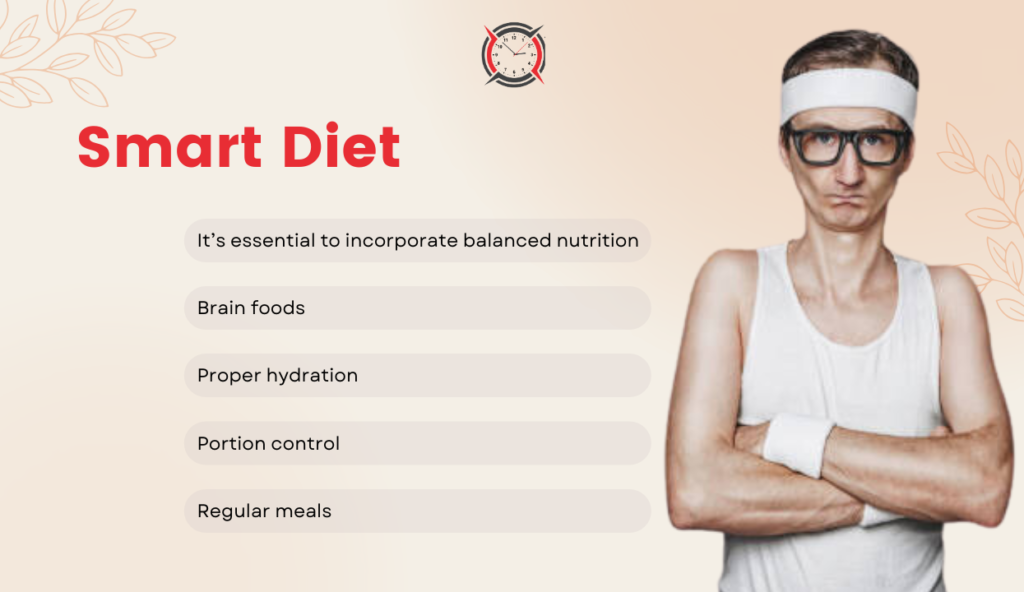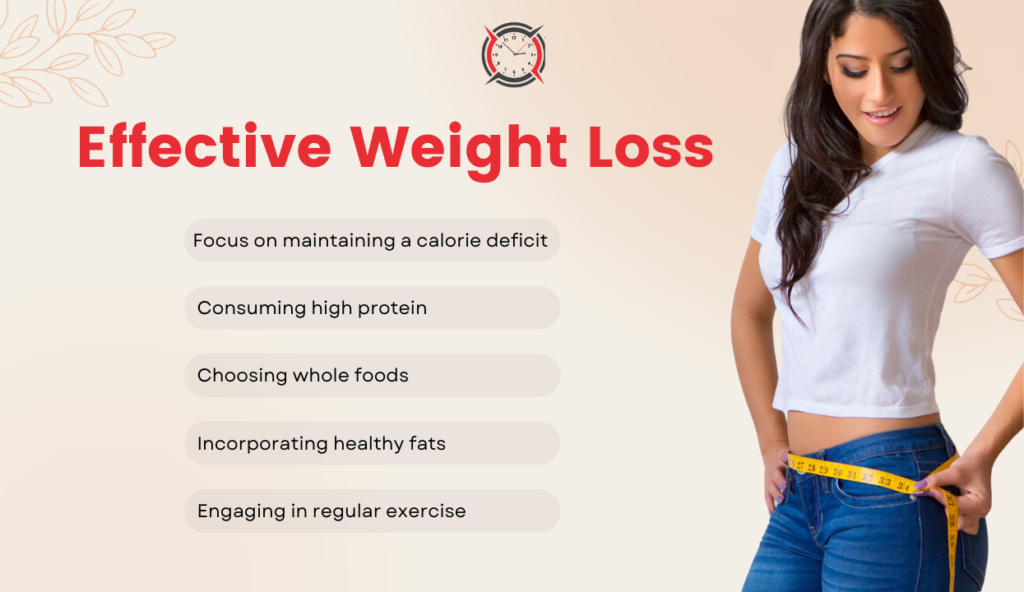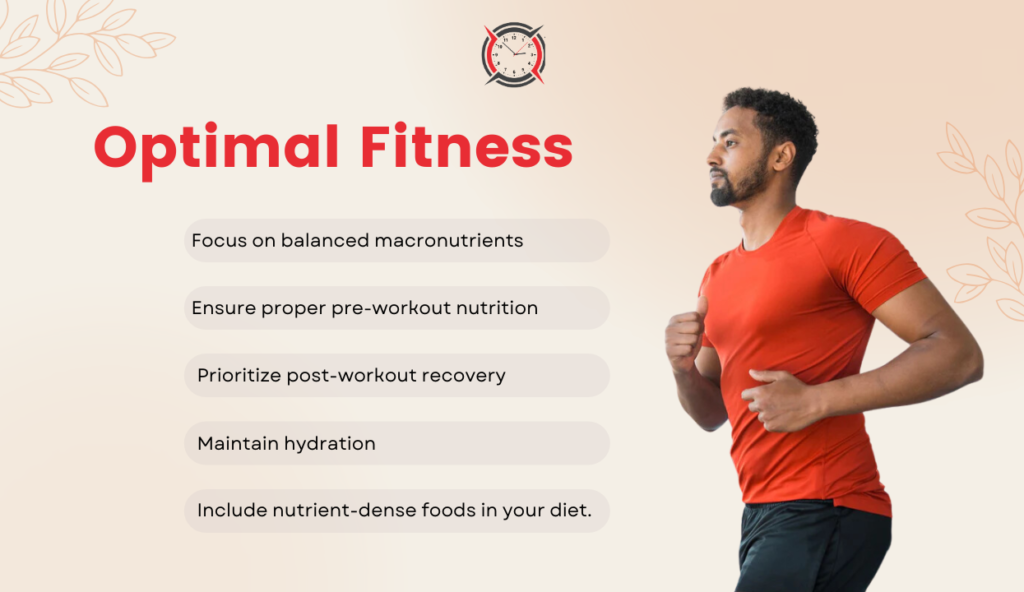What is the Valencia Diet?
The Valencia Diet is a healthy eating plan that has incorporated foods from the Mediterranean region of the world as an eating model. The Valencia diet is a diet plan favoriting fruits, vegetables, lean meats, and other foods that contain healthy fats and can be taken in reasonable portions in daily life. Unlike other diet and food restrictions it is much better and Core Principles of the Valencia Diet.
Therefore it is fundamental to underline the Valencia diet’s fundamental principles:
The Valencia Diet is founded on several principles:
- Inclusion of Fresh, Seasonal Produce: Veggies and fruits are crucial in the middle of the diet, guaranteeing a high consumption of important vitamins and minerals.
- Whole Grains and Healthy Fats: The slow-digesting carbohydrates such as whole grain bread as well as healthy fats from olive oil, nuts, and seeds are useful sources of energy.
- Lean Proteins: Fish, legumes, and poultry are chosen over red meat in order to include proteins without much-saturated fat.
- Mindful Eating: The diet expects people to learn portion-controlling techniques and savor food when taking meals so that instead of the amount, quality would replace quantity.
Nutritional Composition of the Valencia Diet
With respect to the macronutrients, the Valencia Diet possesses an extended ratio of carbohydrates, fats, and proteins. They fare poorly in promoting processed foods but are high in antioxidants, healthy fats, and fiber.
Essential Nutrients in the Valencia Diet
The Valencia Diet supplies a broad range of nutrients:
- Omega-3 Fatty Acids: These are present in fish and some seeds which are good for the hearts and brains.
- Fiber: Good for managing digestion whilst found to aid in portion control and satiety which is important in managing obesity risk.
- Antioxidants: Rich in colorful fruits and vegetables they help to fight oxidative stress.
- Vitamins and Minerals: Vitamin C, vitamin E, and potassium, all play roles in various body processes.
Comparison with Other Diets
In comparison to low carbohydrate diets or high protein diets, this Valencia Diet is more flexible for most individuals to achieve nutrient-dense meals. Unlike vegan diets or keto diets, for example, it doesn’t cut out whole categories of food, which should make it easier to sustain.

Health Benefits of the Valencia Diet
The Valencia Diet is very good for the body, which is why many people try to stick to it if they want to have a healthier lifestyle.
Improved Heart Health
Certain fats from olive oil, fish, and other sources are related to the improvement in the cardiovascular health of people. Omega-3 fatty acids are also known as polyunsaturated fats to lower cholesterol the other factor that is significant in heart diseases is inflammation.
Enhanced Digestive Health
Increased consumption of fiber as found in fruits, vegetables, and whole grains promotes proper bowel movement and good feedstock for the friendly bacteria in the gut. This can help in cases of indigestion and build-up of the immune system hence making the body healthy.
Weight Management and Sustainable Weight Loss
In its essence, the Valencia Diet could be described as a portion-controlled diet that consists of nutritionally dense foods; thus making it perfect for anyone that would wish to simplify their attempt at losing weight. Due to the fact that it is not very leaf restrictive, it enables one to shed pounds continuously in the process ditching the feeling of leaving out on the meal as experienced in most diets.
Boosted Immune System
The immune system is, therefore, given a natural boost when the diet comprises fresh produce loaded with antioxidants and vitamins. Some of the essential nutrients are vitamin C and vitamin E which mainly help build up a strong human immune system.
Increased Energy and Vitality
The correct distribution between carbohydrates, fats, and proteins provides a constant energy supply and reduces some of the usual energy lows. Hence through excluding processed foods, the body is constantly provided with nutrient-dense foods, helping the body to have a vibrancy.

Addressing Concerns about Nutritional Deficiencies
People concerned with nutrient intake should be relieved to know that the Valencia Diet is overall balanced and satisfies all the necessary nutrition. However, for people with certain dietary needs or medical requirements, it may be wiser to seek advice from a nutritionist who can fulfill all their needs.
Strategies for sustaining the Valencia diet.
Though getting into the Valencia Diet does not have to be, we have to get into it slowly but surely. Here are some tips for its sustenance.
Building Consistent Habits
There are good habits that have to be adopted gradually; for instance, instead of a biscuit, take a piece of fruit in the morning or ensure that the bread you take is brown instead of white bread. By now, creating sustainable habits will help make the transition feel as smooth as possible.
Staying Motivated and Enjoying the Diet
Aim to build variety into your meals by trying out new recipe books, and a number of different tastes from foods. Happiness while taking food makes it easier to adhere to dietary changes.

Valencia Diet Sustainable Healthier Lifestyle
The Valencia Diet aims for long-term behavioral changes and thus provides the best means of achieving a healthier diet in a tasty and healthy manner. Healthy food in proportion with an emphasis on the pleasure and traditions of a given population is a perfect option for a lifetime of nutrition.
Empower Your Online Experience with Quick Web Tool Kit. Simplify file conversions, data scraping, color extracting and more with our all-in-one platform.



